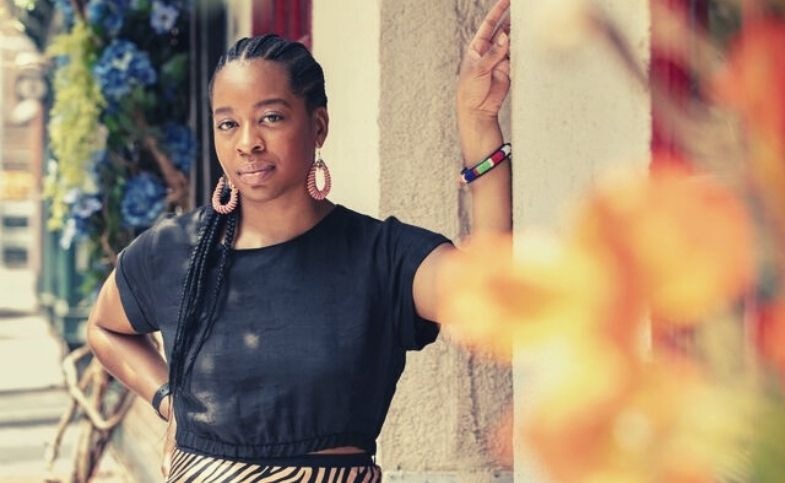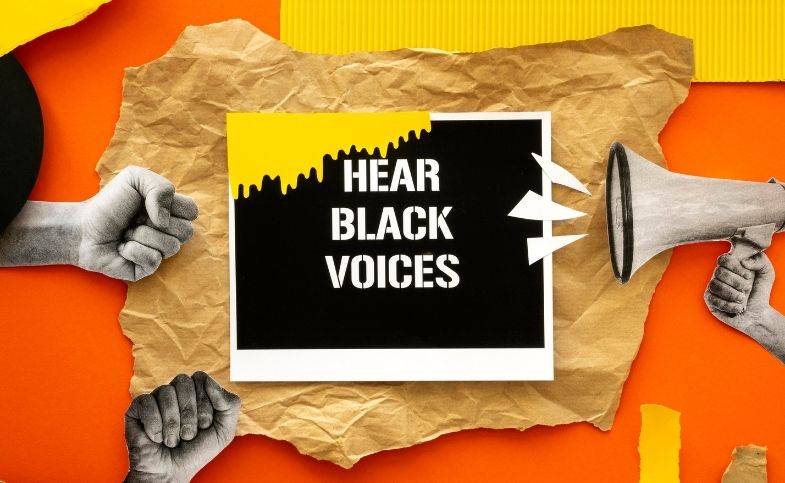The push for reparations has spread outside the United States, with activists and political leaders demanding accountability for other countries’ enslavement and colonization.
The government of Jamaica, which became a British colony in the 1650s, has started a reparations campaign to seek retribution for nearly two centuries of slavery on the Caribbean island.
Officials began the attempt in July, with one member urging that the government seek reparations from Britain in 7.6 billion British pounds ($10.4 billion). There is yet to be a public confirmation of an official figure.
“Our African ancestors were forcibly removed from their home and suffered unparalleled atrocities in Africa to carry out forced labor to the benefit of the British Empire,” Olivia Grange, Jamaica’s minister of culture, women, entertainment, and sport, told Reuters last summer. “Redress is well overdue.”
According to proponents of reparations, companies, individuals, and governments that profited from slavery and the slave trade should pay various forms of compensation.
Although UN human rights chief Michelle Bachelet released a report on racial injustice in June that included support for reparations, several countries, including the United States and the United Kingdom, were conspicuously absent from the discussion when the topic was brought up during the United Nations General Assembly in September.
The challenge for supporters of the nascent movement is how global powers should recompense descendants of enslaved people whose labor and commodification contributed to the economic success of various Western countries.
Before slavery was formally abolished in most British territories, including Jamaica, in the 1830s, millions of Africans were forcibly imported to the Caribbean. While Jamaica gained independence from the United Kingdom in 1962, Queen Elizabeth II remained the country’s head of state. On the other hand, Barbados, a Caribbean island, became an independent republic last month, legally cutting ties with the British monarchy – and reviving claims for reparations from the UK.
In November, David Denny, an activist and general secretary of the Caribbean Movement for Peace and Integration, told CNN that “the royal family benefited from slavery financially and many of our African brothers and sisters died in battle for change.”
Some African and Caribbean governments take various steps, ranging from apologies to monetary compensation. Overall, organizers say the goal is to address how slavery and ongoing systems of discrimination and divestment have harmed people of African heritage.
They agree that any plans for restitution will ultimately necessitate significant adjustments in African and Caribbean countries’ global stature, the African diaspora as a whole, and their collective political power.
“The essence of the reparations movement is that if you cause harm to a group of people, you have a duty to repair that harm,” said Verene Shepherd, a historian and head of the University of the West Indies Centre for Reparation Research.
“Those who benefited from the labor of the ancestors of African people are still benefiting from the wealth. There is an intergenerational generation of wealth on one side, and intergenerational transmission of poverty on the other.”
History Of The Global Reparations Movement
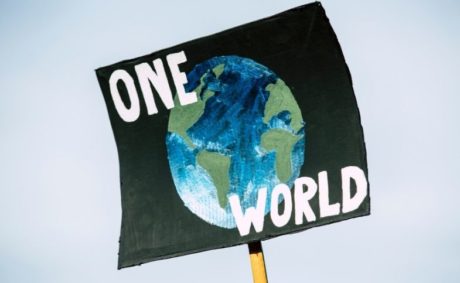 The transatlantic slave trade, which began in the 16th century and lasted until the 19th, transported more than 12 million men, women, and children from Africa to the Americas, resulting in the world’s most significant forced migration. Sugar, tobacco, and cotton were among the crops that benefited from their slave labor.
The transatlantic slave trade, which began in the 16th century and lasted until the 19th, transported more than 12 million men, women, and children from Africa to the Americas, resulting in the world’s most significant forced migration. Sugar, tobacco, and cotton were among the crops that benefited from their slave labor.
By the 1800s, the shipping of enslaved Africans had significantly reduced as countries such as the United States and the United Kingdom outlawed the slave trade. However, it would be decades before slavery was abolished. Formerly enslaved men and women increasingly claimed recompense for centuries of unpaid labor as liberation expanded throughout the 19th century.
According to Ana Lucia Araujo, a history professor at Howard University and the author of “Reparations for Slavery and the Slave Trade: A Transnational and Comparative History,” “emancipation took a very long time to occur” across countries.
While the first requests for reparations were rarely referred to as such, the idea that individuals should be compensated for their labor grew in popularity as abolition spread.
Formerly enslaved individuals demanded various recompense based on their needs in locations where reparations advocacy emerged in the 19th and early 20th centuries, such as Mexico, Cuba, and the United States.
The sorts of reparations, according to Araujo, can be divided into two categories: morally-based “symbolic reparations,” which include apologies and acts to commemorate slavery’s history, and “financial and material reparations,” which offer resources and investments.
While reparations advocacy has existed in some form or another for more than a century, the newer, more global movement has emerged as a result of globalization, which has brought previously disparate parts of the African diaspora together in a more universal fight for reparations for enslaved people.
A Complex Global Movement
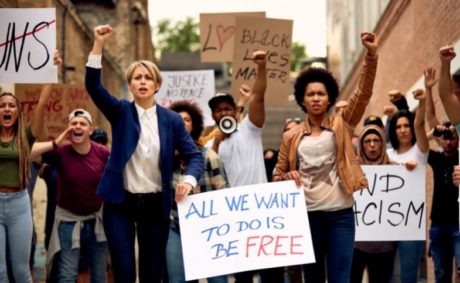 Nonetheless, just because reparations campaigns have become increasingly integrated does not mean that demands have consolidated into a single endeavor. In a few recent cases, activists and national governments have utilized a variety of techniques and reparations claims adapted to their respective countries.
Nonetheless, just because reparations campaigns have become increasingly integrated does not mean that demands have consolidated into a single endeavor. In a few recent cases, activists and national governments have utilized a variety of techniques and reparations claims adapted to their respective countries.
Since the 1980s, in Brazil, a campaign for land rights centered on quilombos — rural settlements founded by people fleeing enslavement — has been ongoing. The government set up a process for these communities to gain legal recognition and rights to the land they were built on.
The Brazilian government has not recognized all quilombo settlements in the decades afterward. Many still face eviction, and tensions have been worsened by President Jair Bolsonaro’s administration, which has publicly expressed hatred for quilombos.
In 2017, he promised the people that “not a centimeter would be delineated” for them. Since his election, the process of land recognition has been delayed even more, and quilombos have gotten less money.
Other reparations claims have centered on money, with proponents claiming that European nations have failed to adequately recompense the Caribbean and African countries for enslavement, resource theft, and the unique effects of colonization on their land.
Burundi, which Germany colonized before being taken over by Belgium after World War I, demanded nearly $43 billion in reparations from Germany and Belgium in 2020, claiming that compensation was due for several colonial crimes, including the kidnapping of mixed-race children from Burundi and Congo in the 1940s and 1950s.
Belgium’s King Philippe expressed his “deepest apologies” for colonial-era injustices in the modern-day Democratic Republic of Congo that year. Still, he did not issue a formal apology or consider reparations. Following racial justice rallies in Belgium, a special committee reported last month recommending that a “complete program of reparations” be examined to remedy colonial atrocities in Burundi, Congo, and Rwanda.
Before it was publicly presented, the government processed Jamaica’s official call for reparations. Since the petition was first announced in July, officials and others involved in its creation have refused to comment publicly on the matter, describing it as a pending legal matter.
However, in recent years, proponents of reparations in Jamaica have argued that money is only part of a much larger debt owed to the Caribbean nation. The country also requires increased development assistance and increased educational awareness of the effects and legacies of slavery and colonization.
Supporters of the financial claim further point out that in 1833, the British government took out large loans to pay 20 million pounds — or 40% of the country’s total budget at the time — to compensate enslavers for the abolition of slavery in Britain’s colonies. British taxpayers did not entirely pay off the debt until 2015 due to the massive amount of interest earned by the loan.
In July, Jamaican MP Mike Henry told Reuters, “I am asking for the same amount of money to be paid to the slaves that were paid to the enslavers.”
What Are The Alternatives to Reparations?
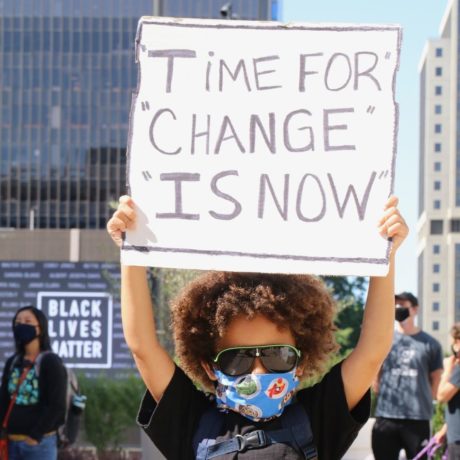 Many opponents of reparations programs say that slavery and colonization were crimes committed in the past that should not be compensated.
Many opponents of reparations programs say that slavery and colonization were crimes committed in the past that should not be compensated.
Meanwhile, when reparations have been addressed, numerous European governments have refused to debate them or provide formal apologies for slavery and colonization.
“When it comes to this direct request for reparations from the government to government, the reason why it will not prosper is because who do we pay it to,” Asif Ahmad, then-British High Commissioner, said after Jamaica revealed its intention to pursue reparations in the summer.
Former British Prime Minister David Cameron stated in 2015 that his country would not pay reparations, instead urging Jamaica and the United Kingdom to “continue to build for the future.”
Prince Charles acknowledged the “appalling atrocity of slavery, which forever stains our history” when speaking to revelers at Barbados’ recent celebration recognizing its status as the world’s newest republic. However, the heir to the British monarchy stopped short of delivering a formal apology.
Offering formal apologies for slavery and colonization would simplify governments to pursue compensation claims under international law. When Germany apologized to Namibia earlier this year for its role in the Herero-Nama massacre that lasted from 1904 to 1908, the country was careful to point out that the $1.3 billion development aid payment it gave was one of the “reconciliation,” not reparations.
There have also been legal discussions about the extent to which governments guilty of historical crimes can be held liable for reparations now. While slavery is morally terrible, some experts point out that it was not prohibited worldwide when the transatlantic slave trade began.
On the other hand, Reparations activists say that focusing on slavery’s formerly widespread “legality” ignores the suffering of enslaved people and gives too much weight to Western legal notions.
“European countries act as though the law says Africans aren’t people, and African societies aren’t societies,” Bohardsingh added. “When they bring up international law, the only law they’re talking about is a European law, which allowed for the enslavement of people from other continents and then said, ‘Well, our law says slavery is legitimate, so it’s legal.’”
“The question is, by whose law will you assess the validity of slavery?” she said.
Some programs sponsored by British organizations anxious to show remorse for their role in the slave trade have been referred to as reparations. However, according to reparations supporters, these programs do not deliver meaningful compensation or other types of restitution.
The Bank of England, for example, apologized in 2020 for its leaders’ role in the transatlantic slave trade. In addition, the bank vowed to erase the names and photos of former directors who were implicated in the slave trade and be more inclusive of Black and ethnic minority communities.
The announcement came only days after a different — and equally harshly panned — statement from Lloyd’s of London, which promised to be more inclusive of Black and minority communities without specifying how it would do so. A previous lawsuit against the corporation for its suspected role in financing slave-transporting vessels.
What Is Next For International Reparations Efforts?
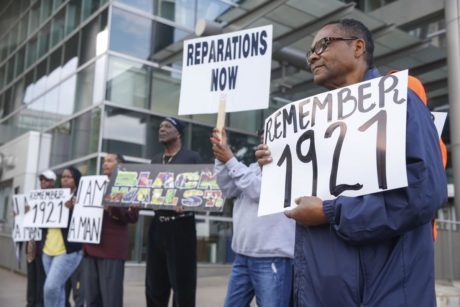 As the reparations movement meets growing opposition, activists say they’ve witnessed an uptick in support and are confident in their push for justice.
As the reparations movement meets growing opposition, activists say they’ve witnessed an uptick in support and are confident in their push for justice.
Supporters have been urged to work together to establish a more robust international voice on reparations. The CARICOM reparations plan, for example, combines some aspects with the National African-American Reparations Commission’s 10-point reparations proposal, and the two organizations have openly backed each other in their campaign for reparations.
In recent months, CARICOM countries have also committed to engaging more closely with African reparations advocates to connect various governments’ efforts better.
Finally, the many reparations attempts underway around the world — and the strong opposition to them — implying that progress will necessitate a better understanding of how enslavement and colonization continue to affect multiple African and Caribbean countries.
“We need a new paradigm,” Bohardsingh stated. “we will never be developed under Western models of loans and aid to us. We developed them. We have to bring this case to show the cause and effect and how those who enriched themselves from us would not be in the situation, they are in now but for what was done to us. We need reparation to get us back in a position that we would have been in without these atrocities.”








